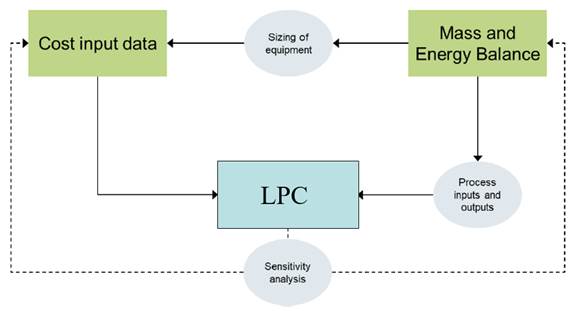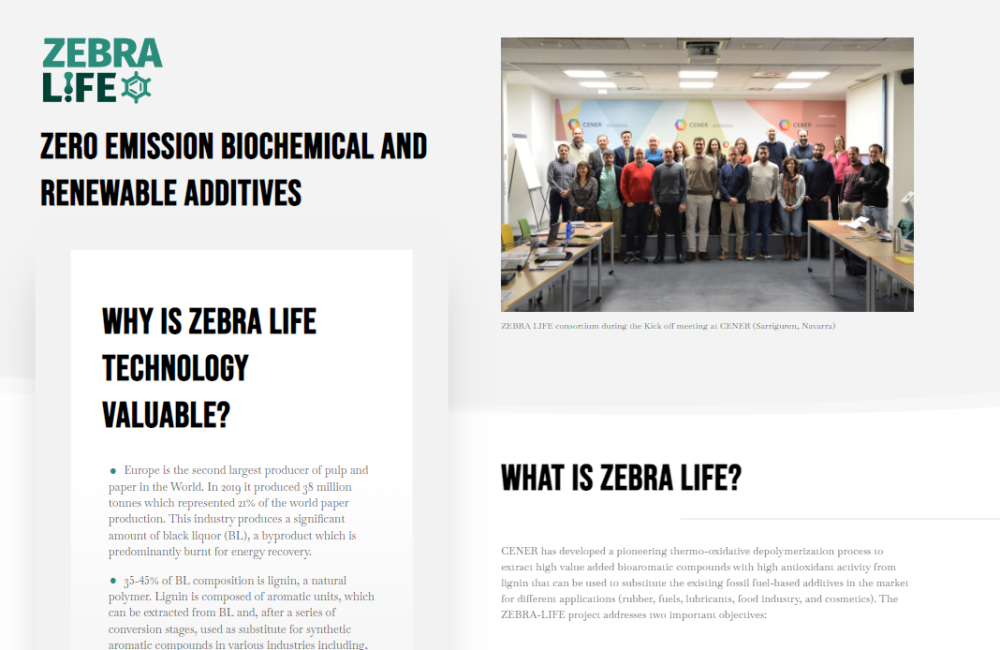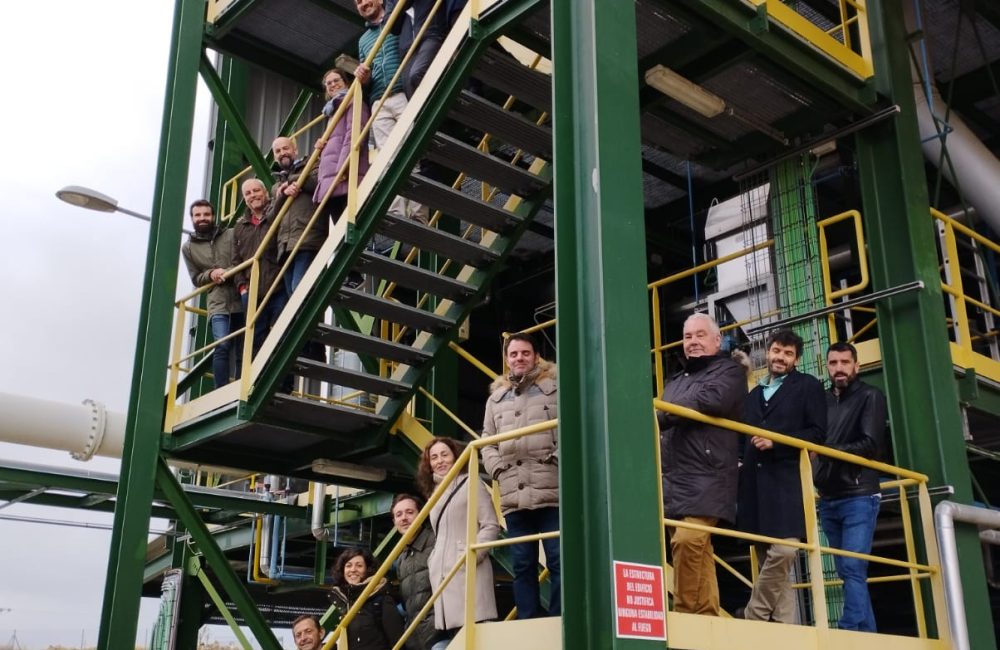CENER, assessing environmental sustainability.

Nowadays, organizations and companies are recommended to communicate their environmental performance or, what is the same, the sustainability of their products or the organization itself, by means of life cycle analysis.
This is why CENER is deeply focused in the environmental sustainability assessment of bio-based products and their value chains. On the one side, providing direct support to the agri-food, waste management, petrochemicals, or agrochemicals industries, among others. And on the other side evaluating the technologies developed for the production of advanced biofuels, SAF, biodegradable and compostable biopolymers or agrobiologicals, etc, in the framework of European (SCALIBUR, BIO4A, NGRB) and National (IMPRIMED, HYDROSAF, BIOGASOLANA) collaborative projects.
This action has been triggered by the publication of (a) “Commission Recommendation (EU) 2021/2279 on the use of the Environmental Footprint methods to measure and communicate the life cycle environmental performance of products and organisations”[1], (b) Communication COM/2020/98 “A new Circular Economy Action Plan For a cleaner and more competitive Europe”[2], which states that companies must justify their environmental claims using environmental footprint methods for products and organizations and (c) the criteria for green public procurement (GPP [3], among others.
With the main objective of assessing the environmental sustainability of bio-based products and their value chains, and thus support industries on their way to environmental transparency, CENER (National Renewable Energy Centre) is applying a comprehensive analysis methodology, based on science and its experience in this field.
This methodology provides an understanding and a quantitative analysis of a wide range of environmental aspects, including carbon footprint, one of the most important parameters to be considered. Besides, it also facilitates the evaluation of different impact category indicators, including human toxicity, land use and resource depletion, for example.
One of the main pillars of this analysis is to use the most adequate tools to carry out this assessment, as well as sound and comprehensive databases recognized for their transparency and consistency. For this purpose, CENER makes use of SIMAPRO software tool and the ECOINVENT database, which provide well-documented process data for thousands of products, supporting the decision making on their environmental impact.
In addition, if necessary, CENER also can access other databases more focused on a given sector, such as Agri footprint, Agibalyse, Environmental Footprint Database, or some based on regions or countries, such as the US Life Cycle Inventory database or the Japanese IDEA inventory database.
The methodology used is based on:
- Analyzing and modelling ad-hoc and complex life cycles in a systematic and transparent way for biofuels, electrical and thermal energy from biomass, biobased products and bioprocesses, etc.
- Measure the environmental impact of services and products from the beginning to the end of their life cycle and during each stage.
- Identify all phases with potential for improvement in order to increase the efficiency and viability of value chains and businesses.
- Develop certification systems for biomass and bio-based products.
This way, CENER is and will continue supporting companies in a wide variety of areas directly related to their environmental performance, such as drafting sustainability reports, environmental product declarations, product eco-design, and calculation of water and carbon footprint, among others.



